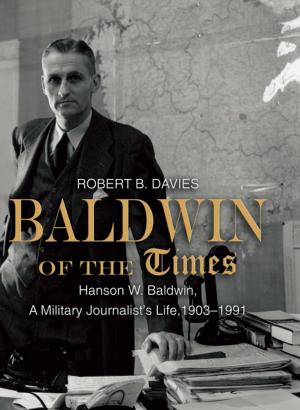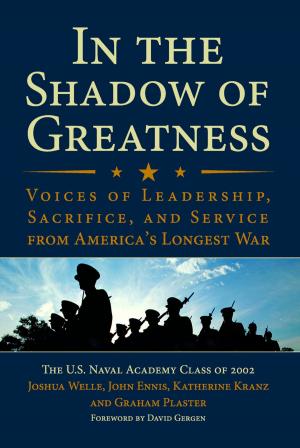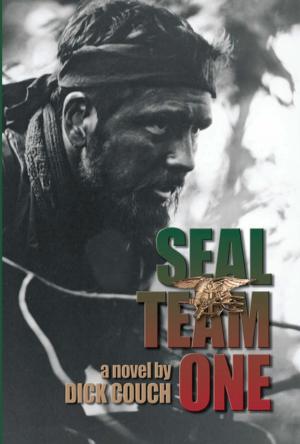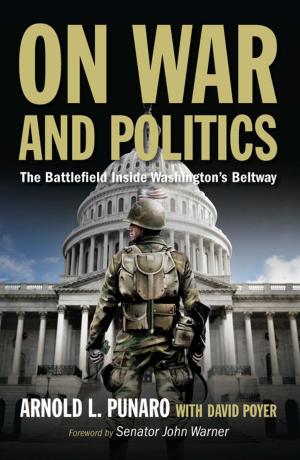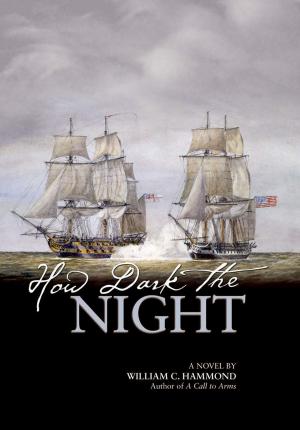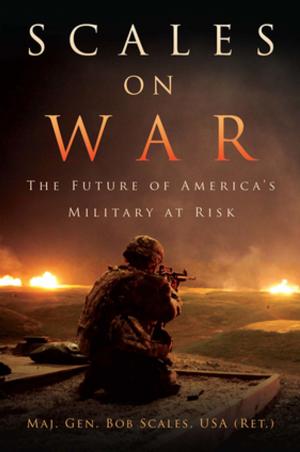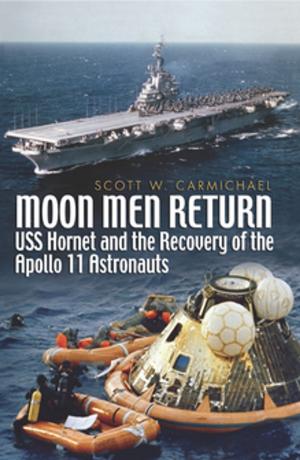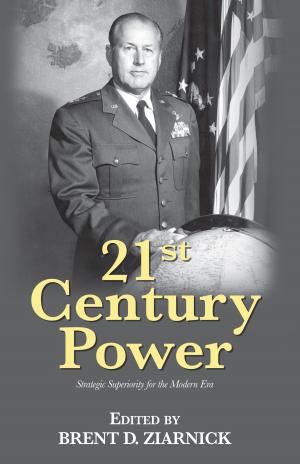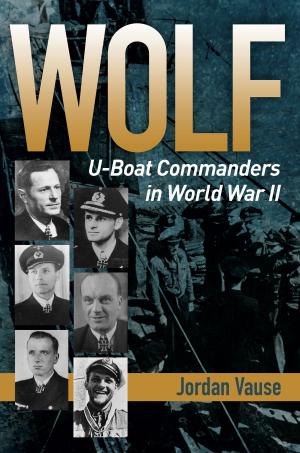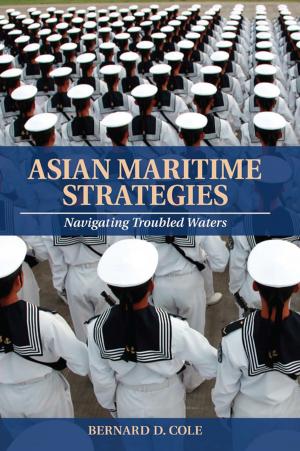| Author: | Seth W. B. Folsom | ISBN: | 9781612510118 |
| Publisher: | Naval Institute Press | Publication: | January 15, 2011 |
| Imprint: | Naval Institute Press | Language: | English |
| Author: | Seth W. B. Folsom |
| ISBN: | 9781612510118 |
| Publisher: | Naval Institute Press |
| Publication: | January 15, 2011 |
| Imprint: | Naval Institute Press |
| Language: | English |
In the Gray Area builds on Seth Folsom’s earlier award-winning memoir, The Highway War, which described his 2003 command of one of the first Marine light armored reconnaissance battalion companies to march on Baghdad. In February 2008, he was deployed to Iraq again as the leader of a U.S. Marine advisor team embedded with an Iraqi army infantry battalion. In this new work, Folsom frankly addresses the realities of the Marines’ mission as he reflects on challenges they and their Iraqi counterparts faced in their struggle to gain control of al-Anbar province. He explores the bonds he formed with his men, the Outlanders,” and the tenuous relationships forged between the American and Iraqi soldiers whose cultures were so vastly different. The author creates a compelling picture of the obstacles faced by both as they lived, ate, and fought side-by-side.
The Highway War was lauded for its insights about how a young combat leader copes with his own vulnerabilities while publicly presenting a tough persona. In the Gray Area, Folsom shows a now more mature commander thoughtfully evaluating the situation at a time when the Iraqi army is on the cusp of independence from its American partners. He further reflects on the difficulties posed by a possibly premature American departure from Iraq and questions if the advisor mission is really the key to an American exit of Iraq.
The Highway War was lauded for its insights about how a young combat leader copes with his own vulnerabilities while publicly presenting a tough persona. In the Gray Area, Folsom shows a now more mature commander thoughtfully evaluating the situation at a time when the Iraqi army is on the cusp of independence from its American partners. He further reflects on the difficulties posed by a possibly premature American departure from Iraq and questions if the advisor mission is really the key to an American exit of Iraq.
In the Gray Area builds on Seth Folsom’s earlier award-winning memoir, The Highway War, which described his 2003 command of one of the first Marine light armored reconnaissance battalion companies to march on Baghdad. In February 2008, he was deployed to Iraq again as the leader of a U.S. Marine advisor team embedded with an Iraqi army infantry battalion. In this new work, Folsom frankly addresses the realities of the Marines’ mission as he reflects on challenges they and their Iraqi counterparts faced in their struggle to gain control of al-Anbar province. He explores the bonds he formed with his men, the Outlanders,” and the tenuous relationships forged between the American and Iraqi soldiers whose cultures were so vastly different. The author creates a compelling picture of the obstacles faced by both as they lived, ate, and fought side-by-side.
The Highway War was lauded for its insights about how a young combat leader copes with his own vulnerabilities while publicly presenting a tough persona. In the Gray Area, Folsom shows a now more mature commander thoughtfully evaluating the situation at a time when the Iraqi army is on the cusp of independence from its American partners. He further reflects on the difficulties posed by a possibly premature American departure from Iraq and questions if the advisor mission is really the key to an American exit of Iraq.
The Highway War was lauded for its insights about how a young combat leader copes with his own vulnerabilities while publicly presenting a tough persona. In the Gray Area, Folsom shows a now more mature commander thoughtfully evaluating the situation at a time when the Iraqi army is on the cusp of independence from its American partners. He further reflects on the difficulties posed by a possibly premature American departure from Iraq and questions if the advisor mission is really the key to an American exit of Iraq.

